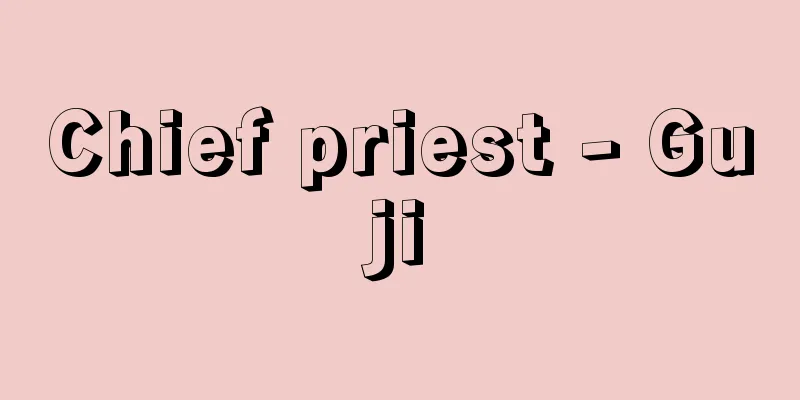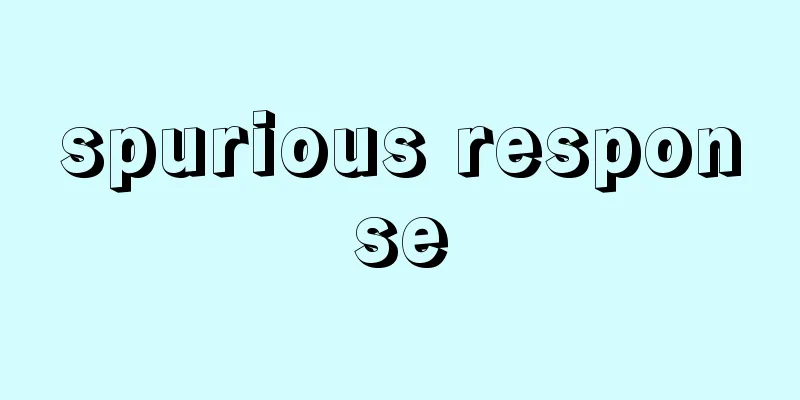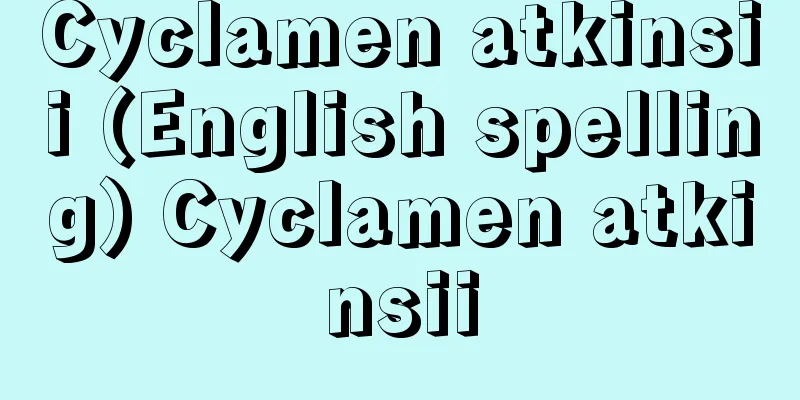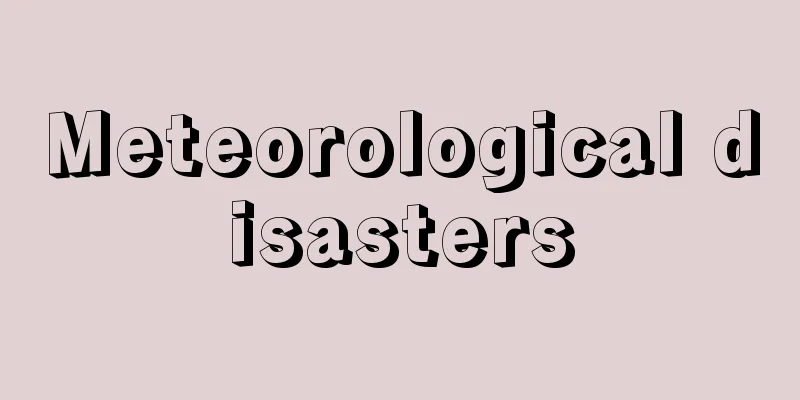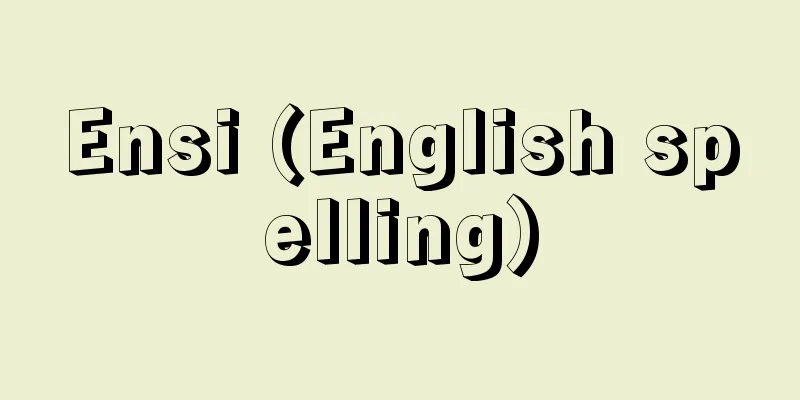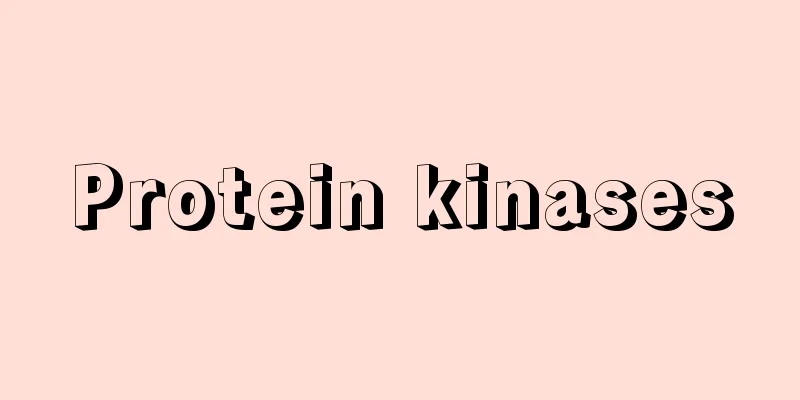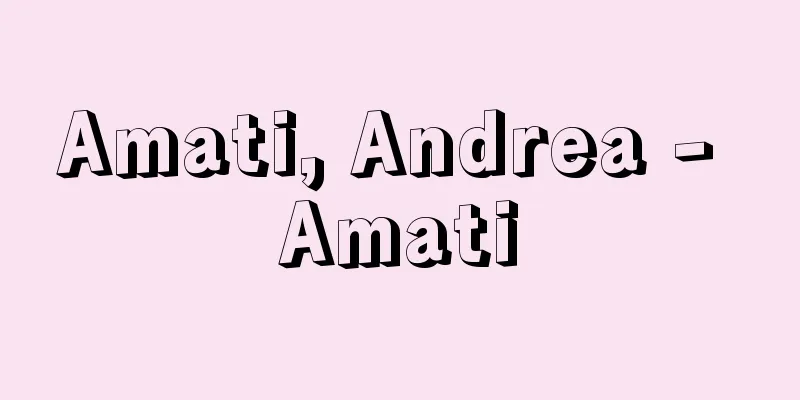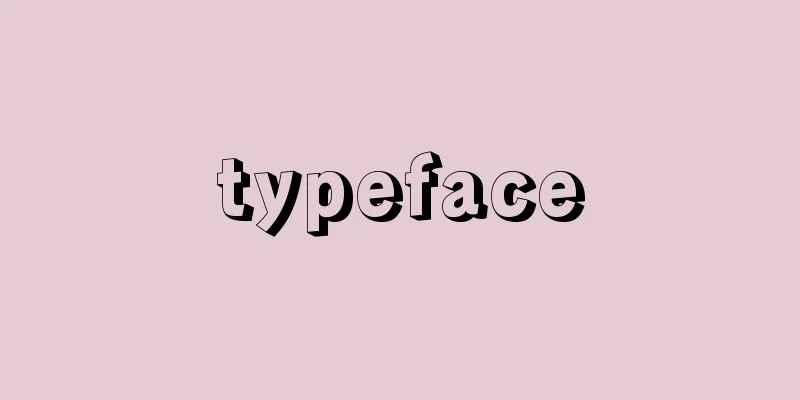Right to learn
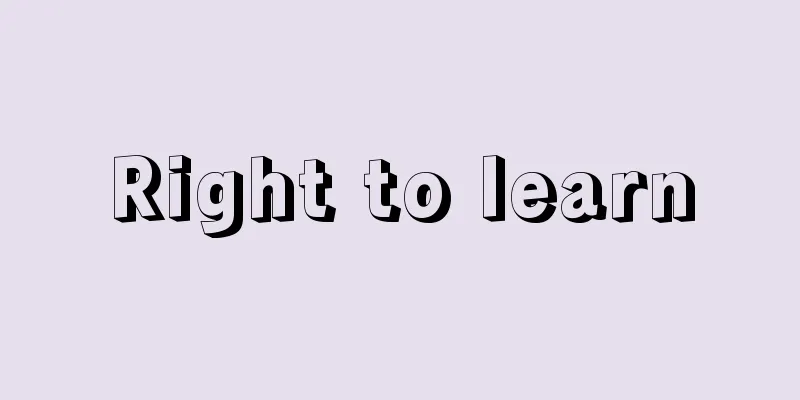
|
The right of people to learn freely and to demand the conditions necessary for learning activities in order to grow as individuals, improve their various abilities, and seek the truth. In particular, it refers to the right of immature children (infants, children, and adolescents) to demand from parents, guardians, teachers, educational administrative agencies, and other educational implementers that they need to provide the learning conditions and learning environment necessary for them to become fully-fledged adults. [Shuichi Miyazaki] "Right to Education" and Right to EducationThe basis for this in the Japanese Constitution is the "right to an equal education" (Article 26, Paragraph 1), but this wording has a strong nuance of imparting a certain educational program from the outside, and indeed for some time after its enactment, it was interpreted as guaranteeing capable individuals the opportunity to advance to higher education. Since the late 1960s, in educational law, based on the results of pedagogy, this right has been redefined as the "right to learn," emphasizing that in the process of human development, the autonomy and spontaneity of the subject who grows while learning is essential. Since then, this interpretation has been established in academic theory and precedent, and the Supreme Court has stated that "behind this provision (Article 26 of the Constitution) is the idea that each citizen, as an individual human being and as a citizen, has the inherent right to learn what is necessary to grow, develop, and complete and realize his or her own personality, and in particular that children who are unable to learn on their own have the right to demand that adults in general provide them with the education they need to learn" (Asahikawa Academic Proficiency Test Case Grand Bench Decision, May 21, 1976). Progress in international law towards guaranteeing the right to education and learning can be seen in Article 26 of the Universal Declaration of Human Rights (adopted by the United Nations General Assembly in 1948), Articles 13 and 14 of the International Covenant on Economic, Social and Cultural Rights (adopted by the United Nations General Assembly in 1966), and Articles 28 and 29 of the Convention on the Rights of the Child (adopted by the United Nations General Assembly in 1989). [Shuichi Miyazaki] Public education and the right to learn/"freedom of learning"After the Second World War, education expanded dramatically in terms of quantity, as symbolized by the increase in the rate of students going on to high school and university. However, on the other hand, many problems surrounding education have emerged, such as excessively managerial student guidance, overheated competition for entrance exams, school violence, bullying, absenteeism, and the decline in the educational power of families and local communities. These problems must be resolved as soon as possible, and the fruits of the guarantee of children's right to learn must be restored. Under the modern public education system, schools play a vital role in guaranteeing children's right to learn, but with the recent dramatic increase in children and students not attending school, there is growing support for the freedom of choice of parents to fulfill their educational obligations (first part of Article 26, Paragraph 2 of the Constitution) in places other than school, such as so-called free schools and home schooling, and for children to have the freedom to choose where and how to learn. The constitutional basis for these "right to choose education" and "right to choose learning" is found in the "freedom of learning" as a liberal right aspect included in children's right to learn, and is said to be derived from the "right to pursue happiness" (Article 13 of the Constitution) and the "freedom of academic pursuit" (Article 23 of the Constitution). [Shuichi Miyazaki] Lifelong learning society and the right to learnIn the future, as we move away from a society that places too much emphasis on academic credentials and aim to realize a true lifelong learning society, the right to learn will become even more important not only for children but also for adults. In this regard, it is noteworthy that the Fundamental Law of Education, as early as the time of the education reforms after World War II, stated that "the objectives of education must be realized at every opportunity and in every place" (see Article 2 of the former Fundamental Law of Education; Article 3 of the current law), and that "education in the home, at the place of employment, and in other parts of society must be encouraged by the state and local public entities" (see Article 7, paragraph 1 of the former law; Article 12 of the current law). Internationally, the "Conference Declaration" on the "right to learn" was issued at the 4th UNESCO International Conference on Adult Education in 1985. It stated that "the right to learn is an essential means for human survival," from "food production" and "healthy living" to "avoiding war," and clearly explained why the right to learn is called "the human right among human rights," in the sense that it is a prerequisite for the protection of other fundamental human rights such as the right to life, the right to work, and the right to vote. The Declaration also stated that the right to learn is "one of the fundamental human rights" that "transforms people from objects that are subject to the course of events into subjects that create their own history," suggesting that this right essentially contains the "right to self-education." [Shuichi Miyazaki] [References] | | | | |Right | |Source: Shogakukan Encyclopedia Nipponica About Encyclopedia Nipponica Information | Legend |
|
人間が、自己の成長を図り種々の能力を向上させ、また真理を探求するため、自由に学習し、学習活動に必要な条件を要求する権利。とくに未成熟な子供(乳幼児、児童、青少年)が一人前の大人になるために必要な学習条件・学習環境を、親、保護者、教師、教育行政機関など教育の実施主体に求める権利をいう。 [宮﨑秀一] 「教育を受ける権利」と教育権日本国憲法上の根拠は「ひとしく教育を受ける権利」(26条1項)に求められるが、この文言は外から一定の教育プログラムを与えられるというニュアンスが強く、実際、制定後しばらくは、能力ある者への上級学校進学機会の保障と解された。 1960年代後半以降、教育法学においては、教育学の成果も踏まえ、人間の発達過程においては学びつつ成長する主体の自主性・自発性が不可欠であることを重視して、この権利を「学習する権利」と再定義した。以後、この解釈は学説・判例上定着し、最高裁判所も「この規定(憲法26条)の背後には、国民各自が、一個の人間として、また、一市民として、成長、発達し、自己の人格を完成、実現するために必要な学習をする固有の権利を有すること、特に、みずから学習することのできない子どもは、その学習要求を充足するための教育を自己に施すことを大人一般に対して要求する権利を有するとの観念が存在していると考えられる」と述べるに至った(旭川学力テスト事件大法廷判決1976年5月21日)。 教育・学習への権利保障の国際法上の進展は、世界人権宣言(1948年国連総会採択)26条、経済的、社会的、文化的権利に関する国際規約(1966年同)13・14条、児童の権利に関する条約(1989年同)28・29条などにみることができる。 [宮﨑秀一] 公教育と学習権・「学習の自由」第二次世界大戦後、高等学校や大学の進学率向上に象徴されるように、教育は量的に著しく拡大したが、反面、行き過ぎた管理主義的生徒指導、受験競争の過熱、校内暴力、いじめ、不登校、家庭と地域社会の教育力低下など、教育をめぐる多くの課題が現出した。それらを解決し、早急に子供の学習権保障の実を回復しなければならない。 現代公教育制度下にあって、子供の学習権保障に果たす学校の役割は重大であるが、近年の不登校児童・生徒の著しい増加に伴い、いわゆるフリー・スクールや家庭におけるホーム・スクーリングなど、学校以外の場において教育義務(憲法26条2項前段)を履行する親の選択の自由、子の立場からは学習する場や形態を選択する自由が主張されている。これら「教育選択権」「学習選択権」の憲法上の根拠は、子供の学習権に含まれる自由権的側面としての「学習の自由」に求められ、「幸福追求権」(憲法13条)および「学問の自由」(憲法23条)からも導かれるとされる。 [宮﨑秀一] 生涯学習社会と学習権今後、学歴偏重社会から脱却し、真の生涯学習社会の実現を志向してゆく上で、学習権は子供にとってのみならず、大人にとっても、いっそう重要な意義をもってくる。この点では教育基本法が、すでに第二次世界大戦後の教育改革時に、「教育の目的は、あらゆる機会に、あらゆる場所において実現されねばならない」(旧教育基本法2条、現行法3条参照)、また「家庭教育及び勤労の場所その他社会において行われる教育は、国及び地方公共団体によって奨励されなければならない」(旧同法7条1項、現行法12条参照)とうたっていたことは注目に値する。 国際的には、1985年(昭和60)の第4回ユネスコ国際成人教育会議において「学習権the right to learn」に関する「会議宣言」が表明されている。そこでは「食糧の生産」「健康な生活」から「戦争を避けること」に至るまで、「学習権は人間の生存にとって不可欠な手段である」と述べられ、生存権、労働権、参政権など他の基本的人権保障の前提をなす意味で、学習権が「人権中の人権」といわれるゆえんが明瞭に説かれている。また同宣言は、学習権を「人々を、なりゆきまかせの客体から、自らの歴史をつくる主体にかえていく」ための「基本的人権の一つ」であると述べ、この権利がいわば「自己教育権」としての本質を内包していることをも示唆している。 [宮﨑秀一] [参照項目] | | | | | | |出典 小学館 日本大百科全書(ニッポニカ)日本大百科全書(ニッポニカ)について 情報 | 凡例 |
<<: Course of study - Course of study
Recommend
Provisional Law - Kariritsu
…Since the Meiji Restoration, the need to compile...
Forest Swallow (Forest Swallow) - Forest Swallow
A species of bird in the passerine family Hirundin...
Kasasa [town] - Kasasa
This former town is located in Kawanabe County, Ka...
Rescue vehicle - rescue vehicle
...The crew in the basket operates the water cann...
Shcheglovsk
...There are universities of industry, education,...
EPU - Electronic Productivity Unit
European Payments Union. Launched in 1950, it was ...
Trasimeno [Lake] - Trasimeno
Lake Iglesia is located in the Apennine mountains,...
Three cold days and four warm days
This is a phenomenon in which three consecutive c...
Mile - Mayr, Heinrich
Year of death: 1911.1.24(1911.1.24) Born: October ...
Verdross, Alfred
Born: February 22, 1890 in Innsbruck Died April 27...
One-eyed fish - Hard fish
There are legends about fish that have lost one e...
Argulus coregoni (English spelling) Argulus coregoni
…[Shigeo Gamou]. … *Some of the terminology that ...
Phoenicoparrus jamesi (English spelling)
… [Hiroyuki Morioka]. … *Some of the terminology ...
Protomyces inouyei (English name) Protomycesinouyei
…[Tsubaki Keisuke]. . . *Some of the terminology ...
Tatsukichi Irisawa
Medical scientist. Born on January 5, 1822, in Ec...
